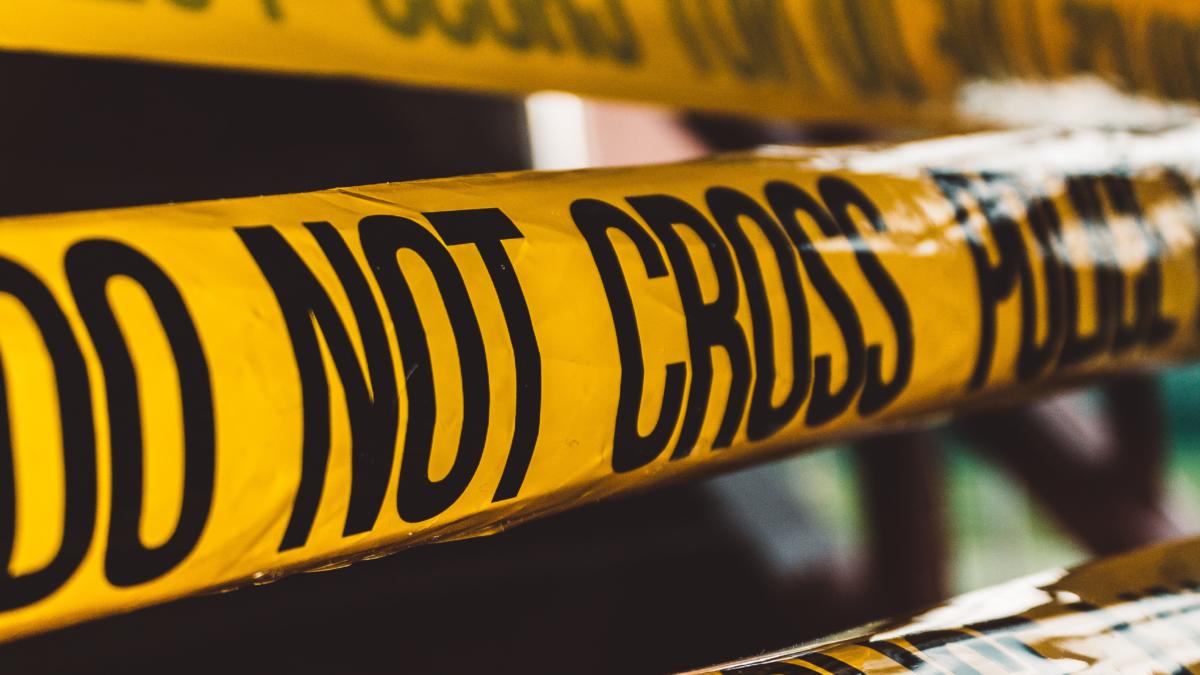The Shout out: In Voices this week, former Philadelphia Assistant District Attorney Reeve Swainston writes about how dangerous the city has become.
Your turn: Do you feel safe in Philadelphia? If not, who’s to blame?
Send your thoughts to voices@philadelphiaweekly.com
Thanksgiving Eve booze ban definitely made sense
Editor’s note: This is in response to PW editor Jenny DeHuff’s Nov. 26 column: “State booze ban on Thanksgiving Eve a real bummer”
Did you ever think that when people are buzzed they are not as vigilant? I don’t think this is a stupid restriction at all, people could have stocked up in advance. The more restrictions, the better – my husband almost died from COVID. Your commentary is cavalier.
Fran Pollock | Philadelphia
Costly projects won’t be missed
Because of distance learning, teachers can’t assign extravagant and costly physical projects, and I, for one, am glad. I did not learn a thing from any of them. Not from the elaborate diorama of a biome, the three-dimensional depiction of a cell made from cake, nor from the life-sized medieval shield that I had to create. The same is true for many of my peers. So why, pre-pandemic, were we assigned them?
I asked some of my teachers that question, and often they’d justify those assignments by emphasizing a need for creativity. And that seemed to be a fair explanation. That is until I considered what class we were talking about. When a need for creativity was offered as justification, it was for every class but art. So, what else could’ve been the reason?
In each of the aforementioned instances (though, there are many more) of physical projects being assigned, student understanding could’ve been demonstrated in other ways. Ways that did not require the creation of something costly and time-consuming. And given their use of some of the alternatives, like quizzes, essays, and oral presentations, teachers know – and knew – that there are other ways. This means that they were choosing to assign physical projects in the face of resource-sparing alternatives, knowing that it will cost students and their parents.
In all fairness, some schools mandate project assignments; not all teachers had a choice. But for the teachers that did or who favor project assignments, why? For free wall décor? I have a lot of respect for teachers, and that is the last thing I’d want to believe. But when you’ve had multiple teachers that have prefaced their pronouncement of an upcoming project with, “my walls are bare,” you are given no choice but to believe that was true.
Deeper in the abyss of wrong is that students were forced to do it using their own materials. Teachers rarely provided what was needed.
For five days of every week, we woke up early in the morning, got dressed, and chased after our bus or train to get to school. We spent eight hours in school, and even after we left, we were still doing school-related work. Then we went to sleep, woke up, and repeated. One would hope that everything done in that mundane, school-induced cycle was to the benefit of the student. That was not the case. Time was wasted regularly, and among the most flagrant wastes of time was the assignment of physical projects that did not represent data. The silver-lining of distance-learning has been the absence of that waste.
Jemille Q. Duncan | Philadelphia
A letter to my beloved Philadelphia
Dear Philadelphia,
I was an assistant district attorney in Philly in the 1990s. Over the past two decades, I have prosecuted countless violent offenders, insidious Mexican cartels, hostile gangs, and much more as a federal prosecutor in New Mexico. I am now retired.
I write to express my sadness for a once great city. Over the past two years, I have traveled to Philly numerous times for medical procedures at Jefferson Hospital. You are fortunate to have some of the best hospitals and doctors in the country. During a recent visit, I left knowing I would never return. Philadelphia has simply become too dangerous. It broke my heart to realize that the risks to my family and I are just not worth the upside to securing high-quality medical care in a city I truly love.
As a federal prosecutor, I know firsthand that effective prosecutions of dangerous and violent offenders will unquestionably result in safer communities. It is often recidivists who commit the vast majority of crimes, thus the effective strategy of prosecuting and imprisoning the “worst of the worst” by itself can have a dramatic impact for even the most vulnerable communities.
During my visits, I met with some of your exhausted police officers, criminal defense attorneys (some of whom I worked with many years ago), and regular citizens who are innocent victims of your crime epidemic. What I learned from these discussions is that Philadelphia has become a lawless city where violent, repeat offenders know that their cases are unlikely to be prosecuted. Should your useless district attorney, Larry Krasner, actually decide to prosecute a particular case, those arrested know full well that they will likely be released within hours of their arrest, able to offend again. Perhaps worse, even if they are actually prosecuted and convicted, these offenders also know their sentences will likely be so lenient that even they come away surprised by their good fortune. I was told that many of the cases referred to the district attorney for prosecution end up being dismissed for non-prosecution, an utterly disgraceful way for any criminal case to end.
As I walked around the city, I saw private security officers everywhere. You are so overrun with crime that even Wawa has security, something I found quite staggering. Some of the defense attorneys I know personally told me they are effectively useless since those arrested for even violent offenses know that Krasner is the only lawyer they really need – his formula for prosecution being non-prosecution. I have a feeling criminal defense attorneys have had to either reduce their fees or pursue other kinds of cases since Krasner took office. Why even bother getting a lawyer if your case is likely to be dismissed anyway? Just show up to court – nothing will happen.
The officers I talked to were utterly distraught by what’s happening in the communities they serve. They explained how they see the same offenders they’ve previously arrested over and over again. As long as drug cases, robberies, property crime, and crimes of violence go unprosecuted (like the recent, appalling assault on an innocent woman at the Cathedral Basilica of SS. Peter and Paul), and such offenders are treated like victims instead of criminals, Philadelphia has no hope to dig its way out of this chaos. By the way, do not believe Krasner and others who use the term “non-violent drug offender,” which is often used as an excuse not to prosecute or under-prosecute drug criminals. I assure you, from years of experience, that there is no such thing. One of the lessons I learned from prosecuting the cartels is that all drug offenders belong to an inherently violent occupation, and all must be prosecuted aggressively to make a difference.
I am praying for you, Philadelphia. I love you and hope that you can find your way out of this madness. But sadly, until you rid yourself of your crime-friendly radical representatives in your city government, including Krasner and your equally apathetic mayor, Philadelphia will continue to drown in this maddening wave of crime and violence.
Reeve Swainston is a former Philadelphia Assistant District Attorney under Lynn Abraham, a former Assistant U.S. Attorney, District of New Mexico, and a former U.S. Marine machine-gunner. This article was originally published at Broad + Liberty. Follow them on Twitter @BroadAndLiberty





